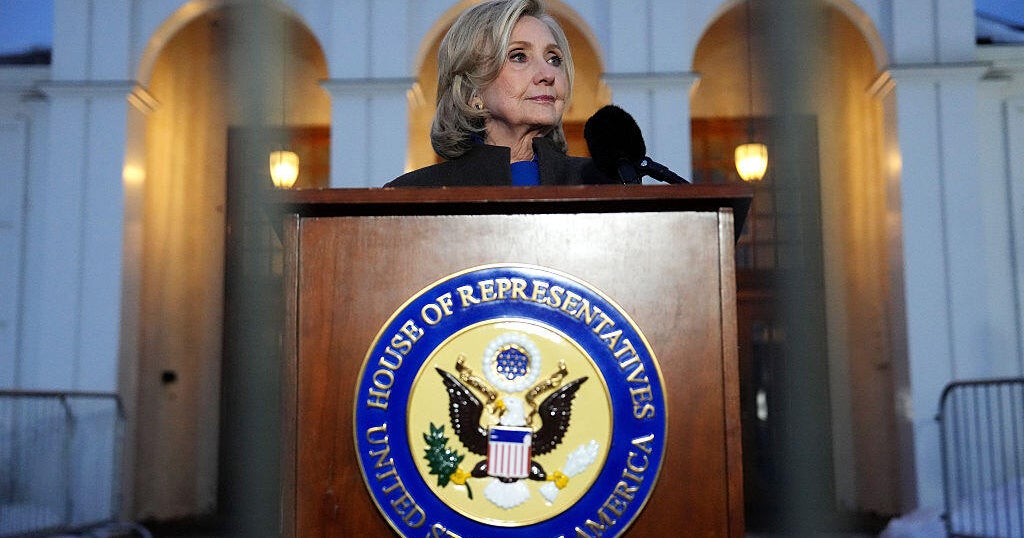#MeTooCongress campaign shines a light on sexual harassment on Capitol Hill
WASHINGTON -- One congresswoman is sharing her story under the hashtag #MeTooCongress to shed light on sexual harassment and abuse on Capitol Hill.
"I know what it's like to keep these things hidden," said California Rep. Jackie Speier, a Democrat.
Her "Me Too" story happened on Capitol Hill in the 1970s when she was a low level staffer.
"The chief of staff held my face, kissed me, and stuck his tongue in my mouth," Speier said.
The five-term congresswoman argues the same "boys club" culture exists today.
Because Congress operates -- literally -- by its own set of rules.
A law passed in 1995 requires congressional victims of sexual harassment or misconduct to undergo 30 days of counseling, then a 30-day mediation period before they can even pursue a hearing or a lawsuit.
Settlements -- when they happen -- are paid not by members or their offices, but by a special U.S. Treasury fund.
Unlike most federal workers, lawmakers and their aides are not required to get sexual harassment training.
In recent years, New York Rep. Massa and Florida Rep. Mark Foley were forced out for sexual misconduct. In 2015, Texas Rep. Blake Farenthold setted a harassment lawsuit brought by a former aide.
But some female lawmakers believe the problem runs much deeper.
"Congress has been a breeding ground for a hostile work environment for far too long," Speier said.
House Speaker Paul Ryan said last week it would be naive to think it doesn't happen more. That's the reason Speier and several other congresswomen shared their stories this week: to encourage female staffers to report abuse despite the obstacles on the Hill.





